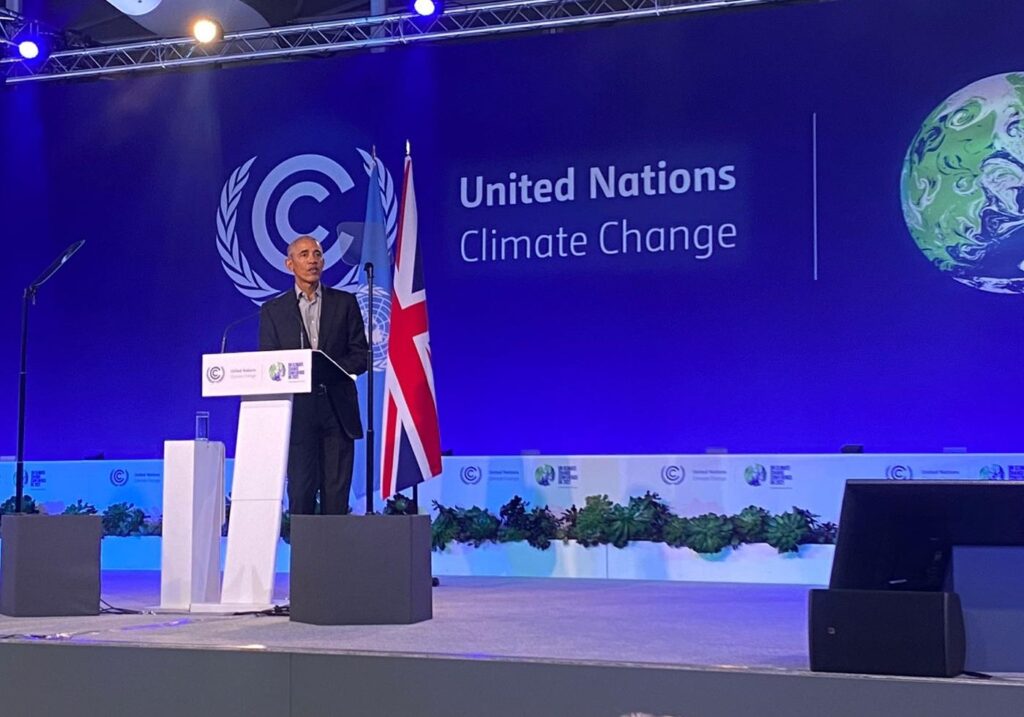A report from our Team Member outlining her trip to the UN Climate Conference, COP 26, that took place in Glasgow in November 2021. The author highlights the main outcomes of the summit, such as the Glasgow Climate Pact, the adaptation finance, and the carbon markets. The author also criticizes the large presence of the fossil fuel industry and the limited access for observers. The author shares their experience of attending various events and rallies, and appreciating the hospitality of the Catholic community. The author concludes by invoking Pope Francis’ message of Laudato Si, calling for collective action to address the climate crisis.

